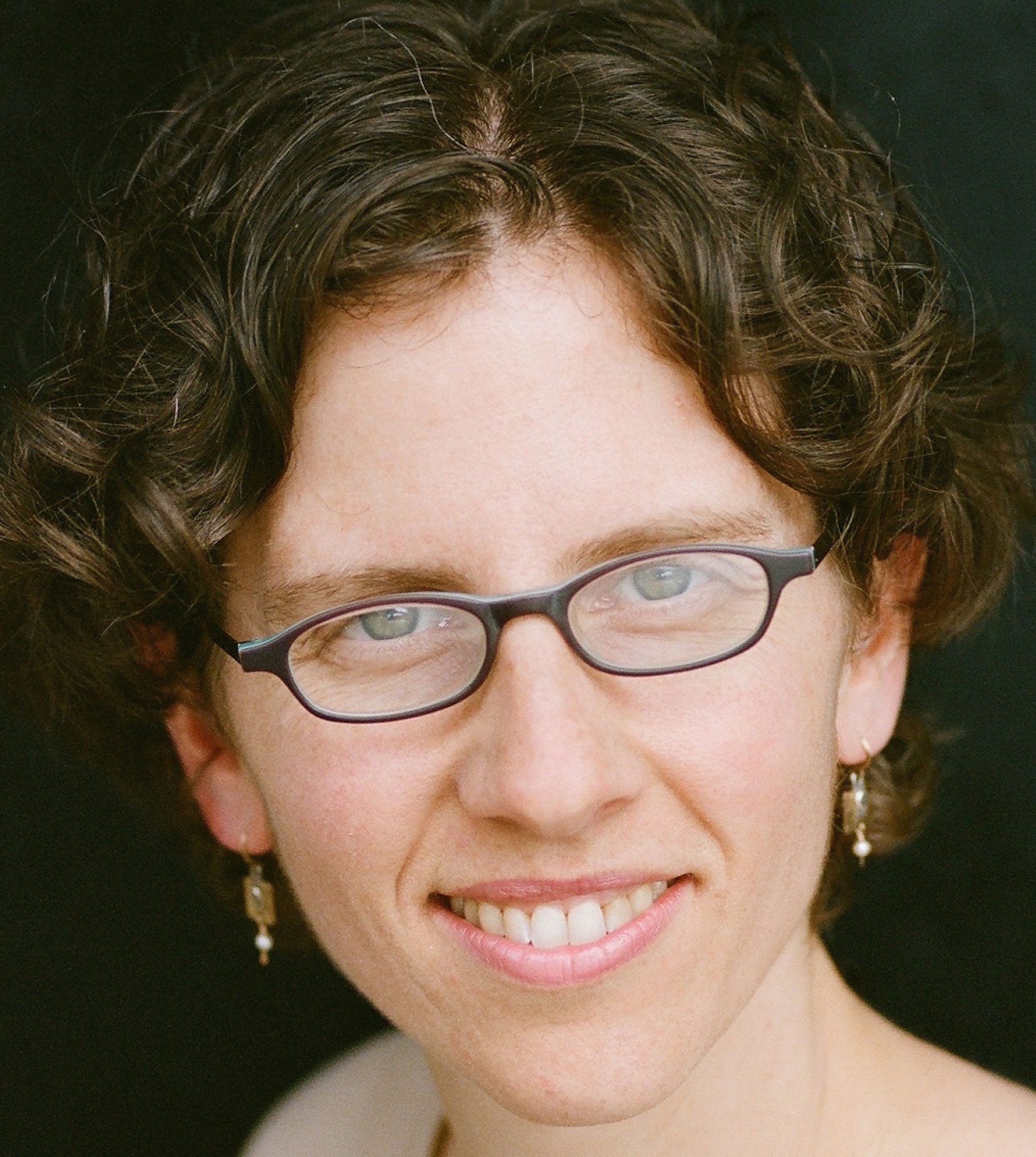Angela walked into my office holding our congregation’s bnei mitzvah preparation binder. Her son is celebrating his bar mitzvah next year, and she was uneasy about the process. She had covered the pages of the binder in post-it notes.
“Look, I’m not Jewish, and I’m an atheist. I understand that my son and husband want to do this, but –” she turned to her son’s Torah portion, Ki Tetzei. “He’s going to read about stoning virgins?”
It was a fair concern. I explained that while I believe that Torah is divinely inspired, I also believe that it was written by human beings in a vastly different society. As our ideas evolve, we bring new perspectives to these ancient words. I told her that I would teach her son how to challenge and critique the text, study commentaries, construct his own understandings and develop a thoughtful piece of writing.
As we flipped through each page of the binder, she became more comfortable. When we came to the Reconstructionist Torah blessings, I told her that Mordecai Kaplan rejected the concept that Jews are God’s chosen people. “Reconstructionists do not believe that Jews are superior to other peoples,” I continued. “This exceptionalism has no place in a democratic society.”
“Pretty different from Israel,” she remarked. “The settlers believe they are God’s chosen people.”
We talked about the pogrom in the Palestinian village of Huwara. “Many Jews insisted that this was not Judaism,” I said. “They argued that Jews are better than this. But this is also Judaism – a supremacist Judaism bolstered by state power and the oppression of the Palestinian people. I reject it, of course, but these ideas are part of our tradition, texts and people. Many Jews believe that Judaism commands them to expel the Palestinians and annex the land for themselves.”
“Reconstructionists do not believe that Jews are superior to other peoples,” I continued. “This exceptionalism has no place in a democratic society.”
Jewish supremacy is a difficult term, but as Reconstructionists we are well-positioned to explore its meaning. We reject chosenness, which is rooted in notions of Jewish superiority. We argue that this a violation of our values. We can and should extend our exploration beyond liturgy and Torah and deliberate on questions that are core to the future of the Jewish people:
Given our rejection of chosenness, is a Jewish state that rules over the Palestinian people, enshrines Jewish privilege and power into law, and deprives millions of people the right to freedom, democracy and equality a Reconstructionist ideal?
While we pray that Israeli Jews and Palestinians can live together in a peaceful, democratic society, would there ever be a point when we would discontinue our support of a Jewish state? If an ongoing military occupation does not meet that threshold, would annexation of Palestinian lands or expulsion of Palestinian people from their homes lead us to withdraw our support?
Some of our communities are already asking these questions, and I hope that more of us will provide spaces for structured conversations. Mordecai Kaplan taught that Jewish civilization evolves. He lived in a different era and did not struggle with these questions, but I believe he would be proud that we are beginning to do so.







